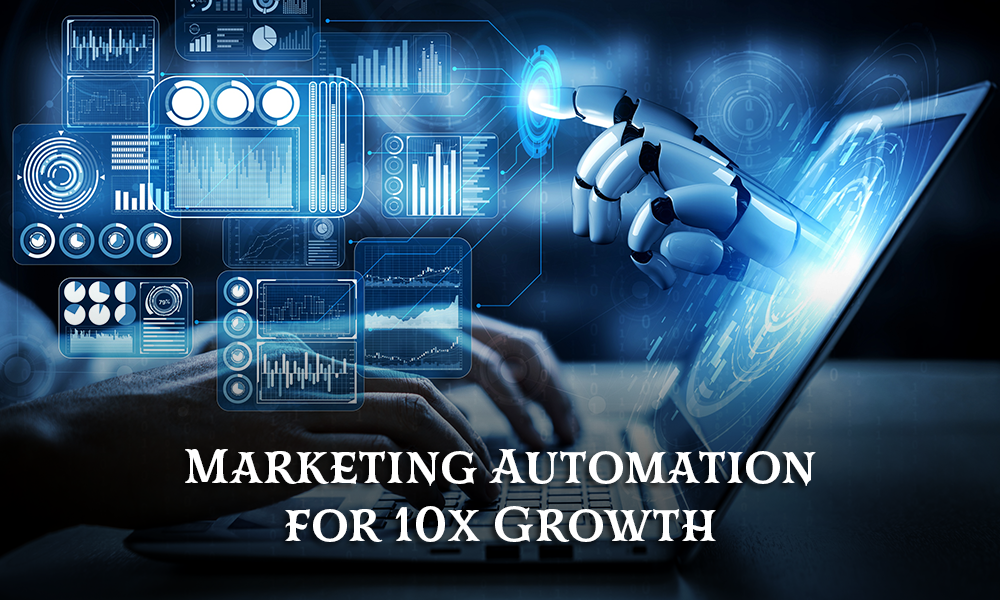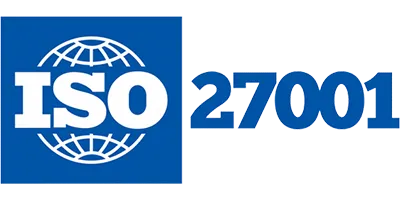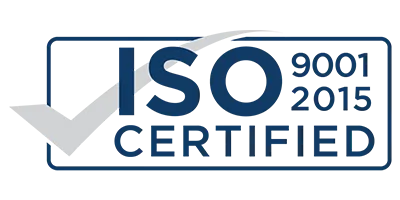Improved customer experience, time efficiency, and better decision-making; are some of the aspects that every marketer desires while running a marketing campaign, and here comes marketing automation consulting into the play.
According to a survey by Statista, 43% of marketers have experienced improved customer experience, and 38% of marketers have experienced time efficiency after they embraced marketing automation services.

What is Marketing Automation?
Everyone makes online purchases. It often happens to most of us that after we complete our window shopping, we get an email about that particular product which we were browsing, sometimes back.
Some email has the benefits of the products, while others have discount codes. It is one of the most effective ways to lure customers and influence them to make an instant purchase decision.
It’s all the work of marketing automation.
In simple words, marketing automation is a process to help businesses streamline marketing processes & maximize customer engagement with the help of marketing automation tools.
These tools mitigate repetitive tasks and pave the path for personalization. Some of the tasks that can get streamlined with the marketing automation tool are as follows –
- Customer segmentation
- Customer Targeting
- Lead nurturing
- Personalization,
- Creating personalized content
- Tracking customer activities on the website
- Optimize customer lifecycle
- Enable better use of budget
- Increase the ability to measure substantial KPIs
- Align marketing steps as per related departments, and many more.
Align Sales & Marketing Teams
According to a survey by Marketing Prof, those organizations who have aligned their sales and marketing teams have experienced a 36% improvement in customer retention, a 38% increase in sales winning ratio, and a 20% improvement in annual growth rate.
You can do the same with the help of cloud solutions like Salesforce marketing cloud. This cloud-based marketing CRM solution improves communication, aligns the goals & objectives of both teams, boosts trust among team members, mitigates conflicts, and brings together everyone under one roof with a unified reporting structure.
Analyze Customers’ Views and Interest
A core of a successful marketing plan is to understand the perspective of customers and their needs and accordingly build a personalized marketing plan that fascinates them.
As per SlideShare, around 80% of customers return to a business that offers a personalized customer experience.
Effective marketing automation relies on understanding your target audience. Use customer data and segmentation to create buyer personas and tailor your marketing messages accordingly.
By delivering personalized content, offers, and recommendations to specific segments, you can engage your audience on a deeper level and drive higher conversions.
You can take the help of interaction studio, a tool by the Salesforce marketing cloud. It will empower businesses and enable them to build one-to-one engagement with customers.
Unified Customer Experience
You can achieve it through omni-channel engagement. Marketing automation is not merely works for email marketing but also has plethora of uses. Integrate your automation platform with other channels, such as social media, SMS, and website interactions. By delivering consistent and personalized messages across multiple touchpoints, you can engage your audience more effectively and create a seamless customer experience.
According to Think with Google, the companies that have adopted omnichannel marketing strategies have experienced a 30% rise in customer lifetime value. One of the most important things to keep in mind is to provide a personalized experience irrespective of the channel and unified all for better reporting.
Monitor and Analyze Key Metrics
Regularly monitor and analyze key metrics to measure the effectiveness of your marketing automation efforts. Track metrics such as conversion rates, click-through rates, ROI, and customer engagement. Use these insights to refine your automation workflows, optimize your campaigns, and improve overall performance.
Another important factor while monitoring metrics is the visualization of the campaign’s performance. Salesforce marketing cloud is a robust platform that enables businesses to leverage AI-driven analytics that is visually rich and easy to understand. It also provides real-time insights so that marketers can make well-informed decisions.
Utilize Behavior-Based Triggers
Marketing automation allows you to set up behaviour-based triggers that automatically respond to customer actions. For example, sending a welcome email series to new subscribers, triggering a follow-up email after a purchase, or offering a personalized discount based on browsing behaviour. These triggers enhance customer experiences and improve the chances of conversion.
Conclusion
There is a plethora of tools available in the market that can help you enjoy marketing automation. Choosing the right one is a challenging task. We suggest you hire a Salesforce consulting partner. With certified Salesforce professionals beside you, you will be able to understand the full potential of this automation tool for marketing and leverage its utmost brilliance.
We hope the discussed marketing automation strategies will help you boost business growth. If you still have any doubts, you can connect with us and we can take the discussion further from there.
Remember, successful implementation of marketing automation requires a strategic approach, continuous optimization, and a deep understanding of your target audience. Start implementing these strategies today and unlock the power of marketing automation for your business.








